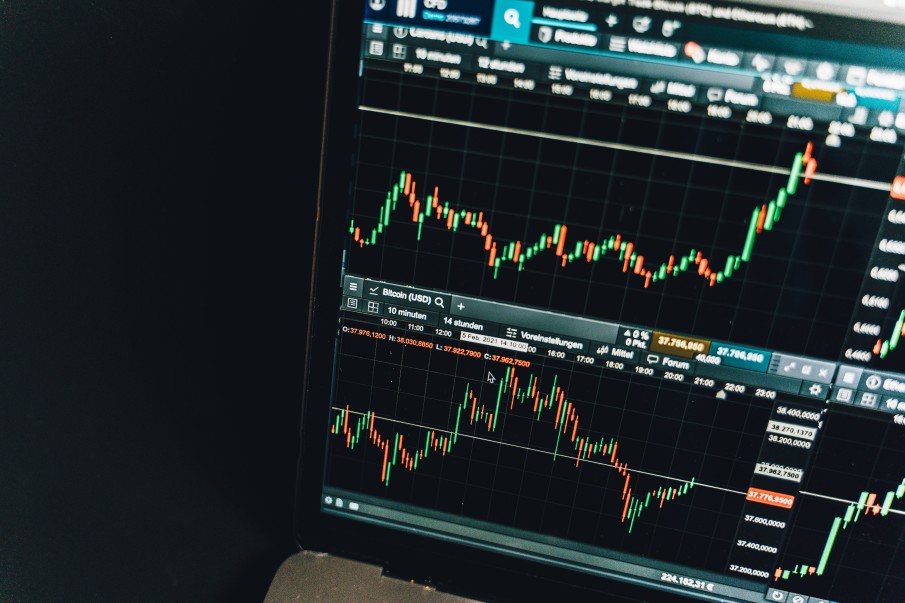
DRW offers counterparties full-service solution for trading ETFs globally

What types of counterparties do you work with?
We work with a wide array of institutional investors from Europe, Americas and APAC, including private banks, pension funds, hedge funds, asset managers, sovereign wealth funds, national banks, insurance companies, and more. As ETFs continue to progress, so do our counterparties and the people we interact with on a day-to-day basis.
Can you describe the education you provide to counterparties?
As the ETF has evolved over the years, so too has the education and the conversation. We always seek to understand the stage at which the investor is starting and for what reason they are using the ETF. Once their goals are established, we can drive the conversation and help the counterparty with specific questions around trade methodologies and timing to support their specific strategy. This education gives investors a better understanding of ETF trading strategies, which can help optimize their portfolio in preparation for normal and even volatile market situations.
Why is it important to work closely with issuers and institutional investors?
Because DRW is a dedicated ETF liquidity provider with an internal pricing engine, institutional investors are granted direct access to an additional source of liquidity, resulting in an improved trading performance and risk diversity.
Additionally, we have AP agreements in place with issuers, which enable us to do creations and redemptions in the primary market. This direct access allows us to provide liquidity for their ETFs on and off exchange at scale. Another important point are conversations when issuers want to launch a new ETF. There we discuss for example the product structure and seeding.
Why should a counterparty onboard with a trading firm?
To achieve best execution and minimize risk, it’s imperative that institutional asset managers diversify the group of market makers from which they source pricing. “Since 76% of the notional traded volumes in Equity ETFs is provided by five liquidity providers and 80% of the notional trader volume in Fixed Income ETFs is provided by only two liquidity providers (Bloomberg 2020),” institutional asset managers and ETF issuers are welcoming new market makers for more options, better prices and less dependency. In addition, no single ETF market maker can always provide the best prices across all products and asset classes.
Independent ETF liquidity providers play a key role in providing liquidity on and off exchange due to their specialization and access to the primary market for creations and redemptions. Also, because of the creation/redemption mechanism, ETF liquidity providers ensure that the bid-offer price is a fair representation of the underlying value.
--
Bernardus Roelofs, Head of ETF Institutional Sales & Trading, brings 25 years of experience in global business in the investment banking and proprietary trading industry. Since 2003 he has had an active role in building the ETF industry in Europe and Asia, working with market makers, issuers, exchanges and institutional investors. Prior to joining DRW, Bernardus acted as Global Head of ETF Sales Trading at Flow Traders and ETF Sales & Advisory Specialist at HVB/UniCredit. Contact Bernardus at (O) +44 (0) 207 282 0965, (M) +44 (0) 7469 908 000 or etf@drw.com.
Axel Mohr, ETF Institutional Sales & Trading, brings nearly a decade of experience in institutional trading at Société Générale and Commerzbank to trading ETFs with institutional counterparties and investors directly. Contact Axel at (O) +44 (0) 207 855 9759, (M) +44 (0) 738 482 8047 or etf@drw.com.
Charles Nahama, ETF Institutional Sales & Trading, brings nearly a decade of experience in ETF institutional trading at Kepler Cheuvreux and Natixis where he was handling flows from European Investors. Contact Charles at (O) +44 (0) 207 282 0953, (M) +44 (0) 7464 649 025 or etf@drw.com.